Wildfires sweeping through the Brazilian Amazon have captured the imagination, sympathy and dread of the entire globe. The Amazon is the largest standing tropical forest in the world. It isn’t supposed to burn (as are many of the ponderosa pine forests in the western USA) and the fact that it is burning should strike emotions and alarm bells everywhere.
It’s more than just forest burning. The Brazilian Amazon is home to thousands of indigenous communities who depend on the forest for their livelihoods. Their way of life is threatened and often ruined when forests are cut down, burnt or both.
Here are a few key points to help understand what is happening in Brazil from the point of view of indigenous communities and what we’re doing to address the immediate threat of fires and the larger political / economic structures that brought us here.
1. Understand the political enabling environment in Brazil. President Trump was recently accused of creating an “enabling environment” for massacres driven by white nationalism in the US. The same could be said for President Bolsonaro, who has given a tacit green light to cattle ranchers and agribusinesses – long covetous of lands held by Brazilian indigenous communities – to invade and threaten their territories. Ranchers and agri-business operators are burning their own fields to clear the way for more pasture or new crops, and if the fires escape into adjoining forest areas, it’s of little concern to them.
Remember that Bolsonaro was elected by a right-wing nationalist groundswell, much like the one that elected Donald Trump in the United States. When foreign NGOs hurl critiques at Bolsonaro, it only strengthens his message that outsiders are being paternalistic with Brazil and he alone stands for Brazilian self-determination. He has flatly stated that he would like to open the Amazon for development. This is what it looks like: raging fires smothering the Amazon rainforest and regional cities.
We feel that two broad strategies will be successful in the current political environment in Brazil: First, support on-the-ground organizations in Brazil that are actively defending territories from invasion, deforestation and fires. Second, follow the money. Investigate the big companies that are getting rich off the Bolsonaro regime, such as large soy and beef producers, and apply pressure to them to change their practices.
2. The Amazon is becoming a tinderbox. Careless burning alone might not be so dangerous if it were not for the years of drought and deforestation that have left many portions of the Amazon more vulnerable to fire than they used to be. As more forest is cut down, less rain falls on the region as a whole and many scientists are concerned that the Amazon is approaching a tipping point, where it will not continue to trap enough moisture to regenerate and the forest will become a savanna, with massive implications for the global climate.
3. Invest Indigenous. Fires that started on the ground can be prevented on the ground. Even in the best political environments, well-intentioned policies and a rotating deck of top-down conservation strategies usually just reconfigure the terms and conditions of forest management, while the actual pressures of deforestation go unchecked on the ground.
The real solution to global deforestation comes from within the forests themselves. We at Rainforest Foundation US focus on three key strategies to provide indigenous land security in the Amazon Basin and beyond.
INFORMATION INTO ACTION – Rainforest Foundation US leverages recent advances in technology, data and networking to help indigenous communities articulate and secure land claims, take action to stop illegal deforestation and build value-added relationships with regional governments and other stakeholders.
GOVERNANCE AND CAPACITY – Strong political and technical institutions are the cornerstone of good forest governance. Rainforest Foundation US strengthens professional and political leadership necessary to sustainably manage large landscapes and influence decisions at national and regional levels.
MOBILIZING PUBLIC OPINION AND GOVERNMENT ACTION – Local, national and international actors often need pressure to do the right thing. We empower indigenous communities to build campaigns, institutions and narratives that win the hearts and minds of people and leverage the main policies and laws affecting the rainforest and its inhabitants.








